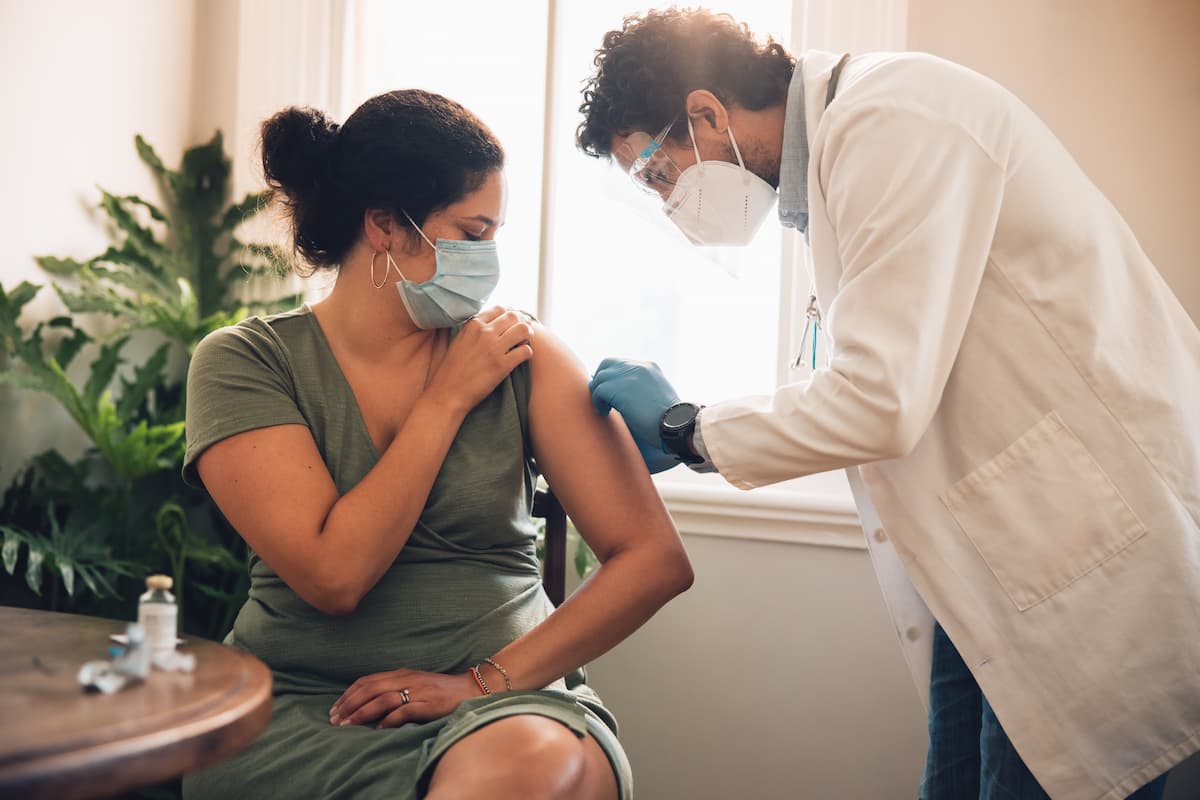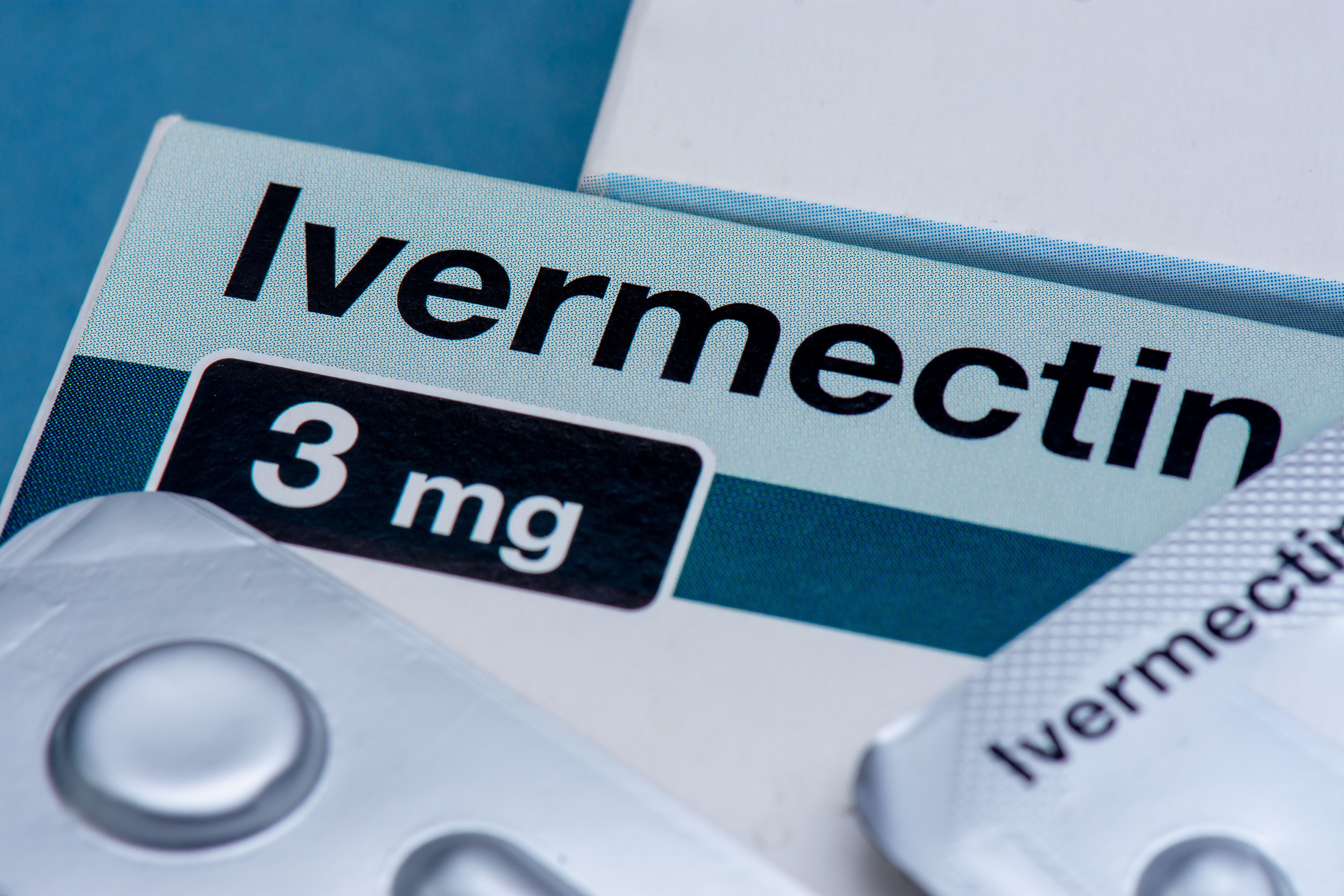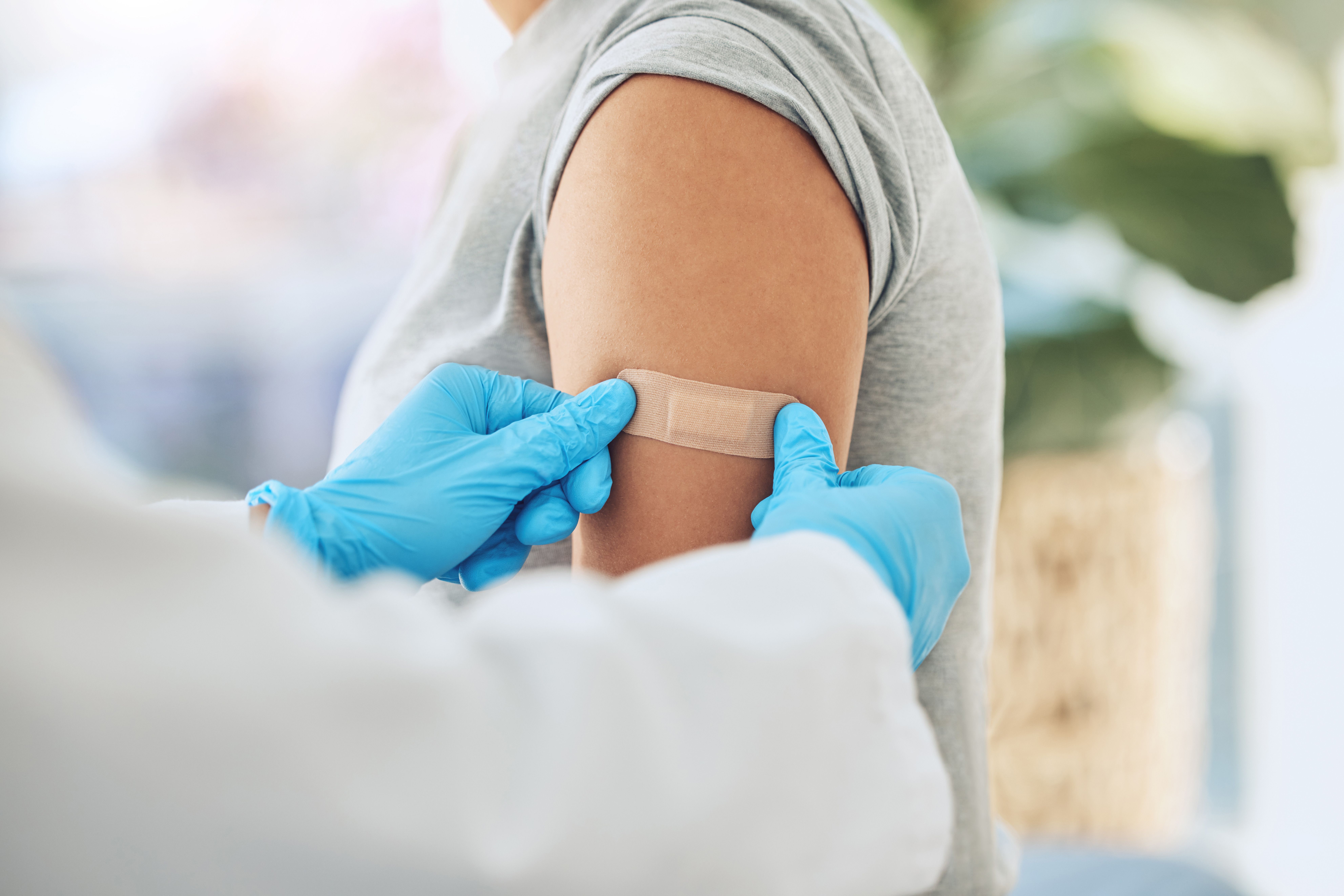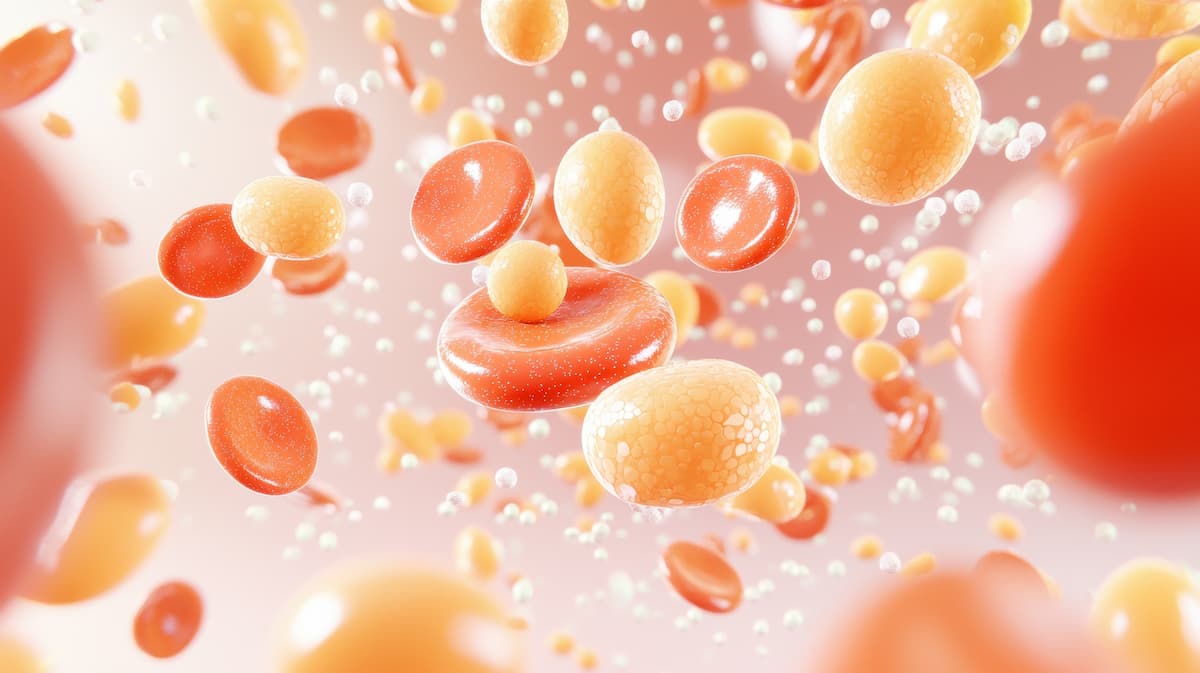Article
Apremilast Shows Statistically Significant Improvements in Genital Psoriasis
Author(s):
Oral apremilast achieved a clinically meaningful and statistically significant improvement in the primary endpoint of the modified static Physician’s Global Assessment of Genitalia response.
New study results have found that oral apremilast (Otezla; Amgen) achieved significant improvement in patients with moderate to severe genital psoriasis or plaque psoriasis.
Psoriasis is a serious, chronic inflammatory disease that causes raised, red, scaly patches to appear on the skin, typically affecting the areas outside of the elbows, knees, or scalp, although it can appear anywhere. Approximately 80% of patients with psoriasis have plaque psoriasis, and up to 63% of these patients are affected in the genital area at any time during the course of the disease.
Apremilast is an oral small-molecule inhibitor of phosphodiesterase 4 (PDE4) specific for cyclic adenosine monophosphate (cAMP). According to the press release, PDE4 inhibition results in increased intracellular cAMP levels, which is believed to indirectly modulate the production of inflammatory mediators.
The study found that oral apremilast 30 mg twice daily achieved a clinically meaningful and statistically significant improvement compared with placebo in the primary endpoint of the modified static Physician’s Global Assessment of Genitalia (sPGA-G) response. The improvement was defined as a score of clear (0) or almost clear (1), with at least a 2-point reduction from baseline at week 16.
Furthermore, all secondary endpoints were also met with meaningful and significant improvements in the Genital Psoriasis Itch Numerical Rating Scale, which was defined as at least a 4-point reduction from a baseline score of 4 or greater. Improvements were also seen in affected body surface area change from baseline, Dermatology Life Quality Index change from baseline, and static Physician’s Global Assessment response.
“Genital psoriasis is associated with a high level of stigmatization and burden of disease and can be experienced in up to 63% of psoriasis patients over the course of their disease,” said David M. Reese, MD, executive vice president of research and development at Amgen, in the press release. “Despite the use of topical therapies for the treatment of genital psoriasis, many patients still have challenges managing their disease, prompting experts to recommend the use of systemic therapies.”
The DISCREET trial is a phase 3, multicenter, randomized, placebo-controlled, double-blind study evaluating the efficacy and safety of apremilast. Participants had moderate to severe genital psoriasis as well as moderate to severe plaque psoriasis with body surface area involvement of 1% or greater in a non-genital area, and they had an inadequate response or intolerance to topical therapy for psoriasis affecting the genital area.
Researchers randomized 289 patients 1:1 to receive apremilast 30 mg twice daily or placebo for the first 16 weeks. Following this phase of the trial, patients continued or switched to apremilast during the extension phase of the study and will be treated through week 32.
“The results from the DISCREET trial further add to the growing body of evidence on the safety and effectiveness of Otezla in moderate to severe plaque psoriasis, including manifestations with high unmet medical needs, such as genital psoriasis,” Reese said in the press release.
REFERENCE
Amgen Announces Positive Top-Line Results from Otezla (apremilast) Phase 3 DISCREET Study In Moderate to Severe Genital Psoriasis. News release. December 1, 2021. Accessed January 14, 2022. https://www.amgen.com/newsroom/press-releases/2021/12/amgen-announces-positive-topline-results-from-otezla-apremilast-phase-3-discreet-study-in-moderate-to-severe-genital-psoriasis
Newsletter
Stay informed on drug updates, treatment guidelines, and pharmacy practice trends—subscribe to Pharmacy Times for weekly clinical insights.

FDA Grants Full Approval to mRNA-1273 COVID-19 Vaccine in Children At Increased Risk




